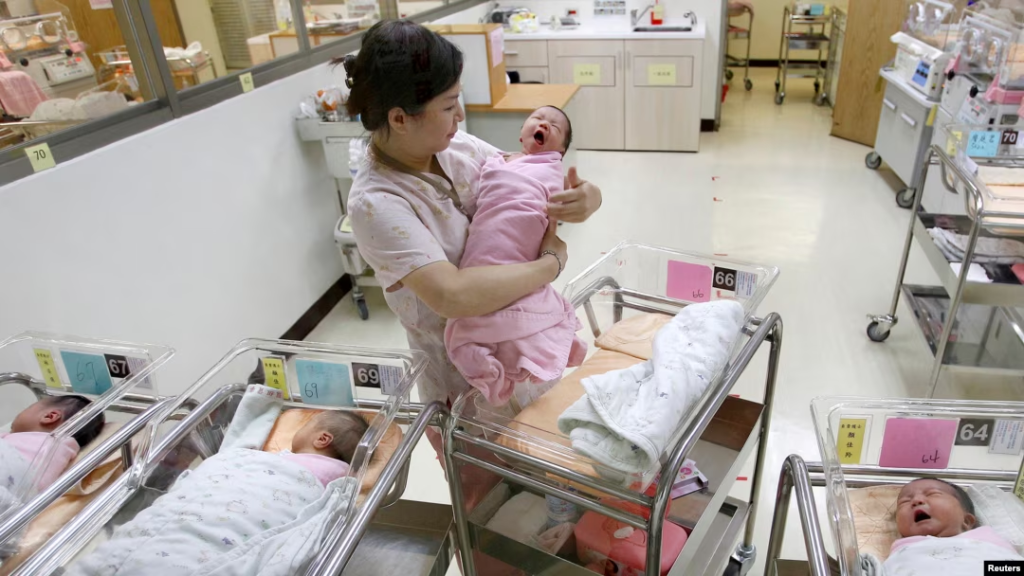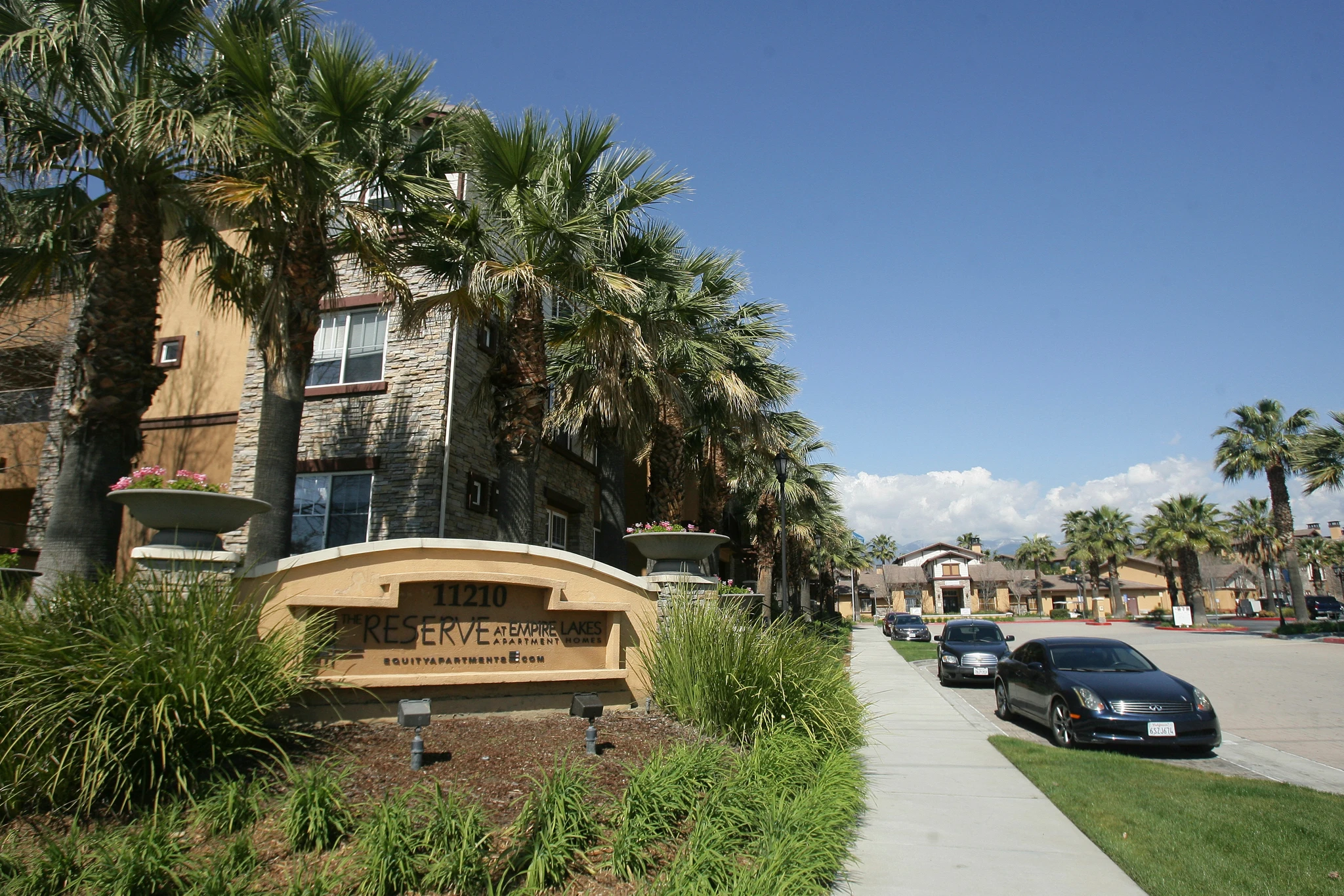The story of Michael Wei Yueh Liu, a California resident sentenced to nearly 3.5 years in prison for orchestrating a “birth tourism” scheme, has highlighted the complex interplay of immigration laws, citizenship policies, and personal motivations.
Liu, convicted of conspiracy and money laundering, ran an elaborate business under the name USA Happy Baby, which helped hundreds of pregnant Chinese women travel to the United States to give birth. These births granted automatic U.S. citizenship to their children, sparking legal, ethical, and social debates.
The Operation: How USA Happy Baby Functioned
Michael Liu’s enterprise, USA Happy Baby, capitalized on the allure of American birthright citizenship, which confers U.S. citizenship to any child born on U.S. soil.
From 2012 to 2015, Liu and his then-wife, Phoebe Dong, facilitated the travel of hundreds of pregnant women from China to the United States. They charged clients up to $40,000 for a package that included housing arrangements in Southern California, coaching for visa interviews, and advice on concealing pregnancies during airport checks.
The clients of USA Happy Baby were instructed to wear loose clothing to obscure their pregnancies and provided with tailored scripts to avoid suspicion when questioned by U.S. immigration officers.
Read : Seven Members of Glasgow Paedophile Gang Jailed and May Never Be Released
Beyond logistical support, Liu and Dong collaborated with international entities to smooth the process, ensuring clients could deliver their babies in the United States without detection or legal repercussions.
Read : Shop Owner Jailed for Giving Salary Hike to Employees in Myanmar
While giving birth in the United States as a foreign national is not illegal, the crux of Liu’s criminal charges stemmed from the deceit involved. The scheme relied on lies to U.S. consular officials and immigration officers, including falsifying reasons for travel on official documents. Such misrepresentation violated U.S. immigration laws and triggered a federal investigation.
Legal and Social Implications of the Case
Liu’s case underscores the broader phenomenon of “birth tourism,” a practice that has garnered significant attention in recent years. California, with its large immigrant population and proximity to international travel hubs, has become a hotspot for these operations.
The promise of U.S. citizenship for newborns serves as a significant incentive for families worldwide, particularly in countries like China, Russia, and Nigeria.
For many families, securing U.S. citizenship for their child offers long-term advantages, such as access to quality education, career opportunities, and the ability to sponsor family members for U.S. residency once the child reaches adulthood. However, the process of obtaining this citizenship through deceptive means raises serious ethical and legal concerns.
Federal prosecutors in Liu’s case emphasized the gravity of his actions, arguing that he facilitated the misuse of U.S. citizenship laws for financial gain.

The court papers stated, “For tens of thousands of dollars each, defendant helped his numerous customers deceive U.S. authorities and buy U.S. citizenship for their children.” This practice, they argued, undermines respect for immigration laws and creates disparities between lawful immigrants and those who circumvent legal processes.
Liu’s sentencing, while significant, was less severe than the five-year term sought by prosecutors. U.S. District Judge R. Gary Klausner considered mitigating factors, including Liu’s role as a caretaker for his elderly parents and his 13-year-old son.
Nonetheless, the 41-month sentence reflects the court’s stance on the need for accountability in such cases. Liu’s wife, Phoebe Dong, who was also implicated in the scheme, is awaiting sentencing, further highlighting the long-lasting consequences of their actions.
The crackdown on birth tourism is not new. Federal authorities began targeting such operations years before Liu’s arrest, conducting raids and prosecuting operators across the country.
In 2015, officials searched over a dozen residences in Southern California, revealing the extent of these businesses. Liu’s case is part of a broader effort to curb the exploitation of U.S. birthright citizenship laws.
Broader Implications and Future Challenges
The case raises larger questions about the future of birthright citizenship and its role in U.S. immigration policy. Birthright citizenship, enshrined in the 14th Amendment to the U.S. Constitution, grants citizenship to all individuals born on American soil. While it has long been considered a cornerstone of American identity, it has become a contentious issue in recent years.
Critics of birthright citizenship argue that it incentivizes birth tourism and encourages the misuse of U.S. resources. Proponents, however, see it as a fundamental aspect of equality and inclusion in the country’s immigration framework.
Efforts to end birthright citizenship, such as those proposed by former President Donald Trump, would face significant legal challenges and require constitutional amendments.

Beyond the legal debates, Liu’s case shines a spotlight on the global demand for U.S. citizenship. The motivations of the families involved in birth tourism are complex, often stemming from a desire to secure better futures for their children.
For some, it represents an escape from restrictive policies or uncertain economic conditions in their home countries. For others, it is seen as an investment in their child’s education and opportunities.
Liu himself is a reflection of this globalized reality. Born in Taiwan, he moved to the United States, where he built a life and family. His background and motivations add a layer of complexity to the case, as his actions simultaneously exploited and benefited from the opportunities offered by the U.S. immigration system.
In conclusion, the sentencing of Michael Liu for his role in a birth tourism scheme marks a significant moment in the ongoing discourse surrounding U.S. immigration laws.
The case highlights the intersection of personal ambitions, legal boundaries, and societal values, offering a lens into the challenges of maintaining a fair and equitable immigration system. As birth tourism operations continue to evolve, the U.S. faces the dual task of enforcing its laws while addressing the root causes of such practices on a global scale.

